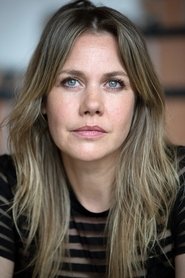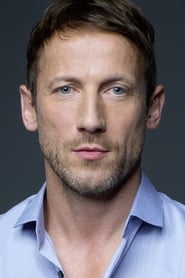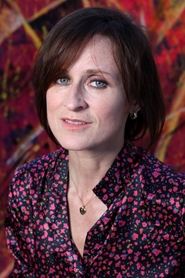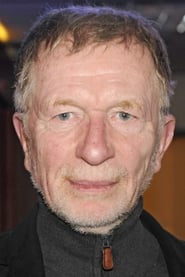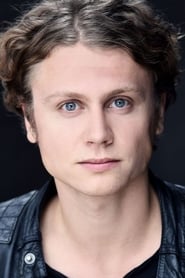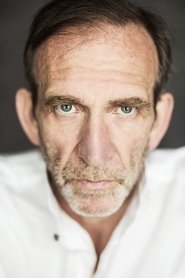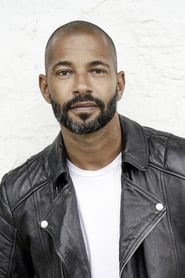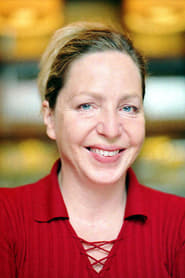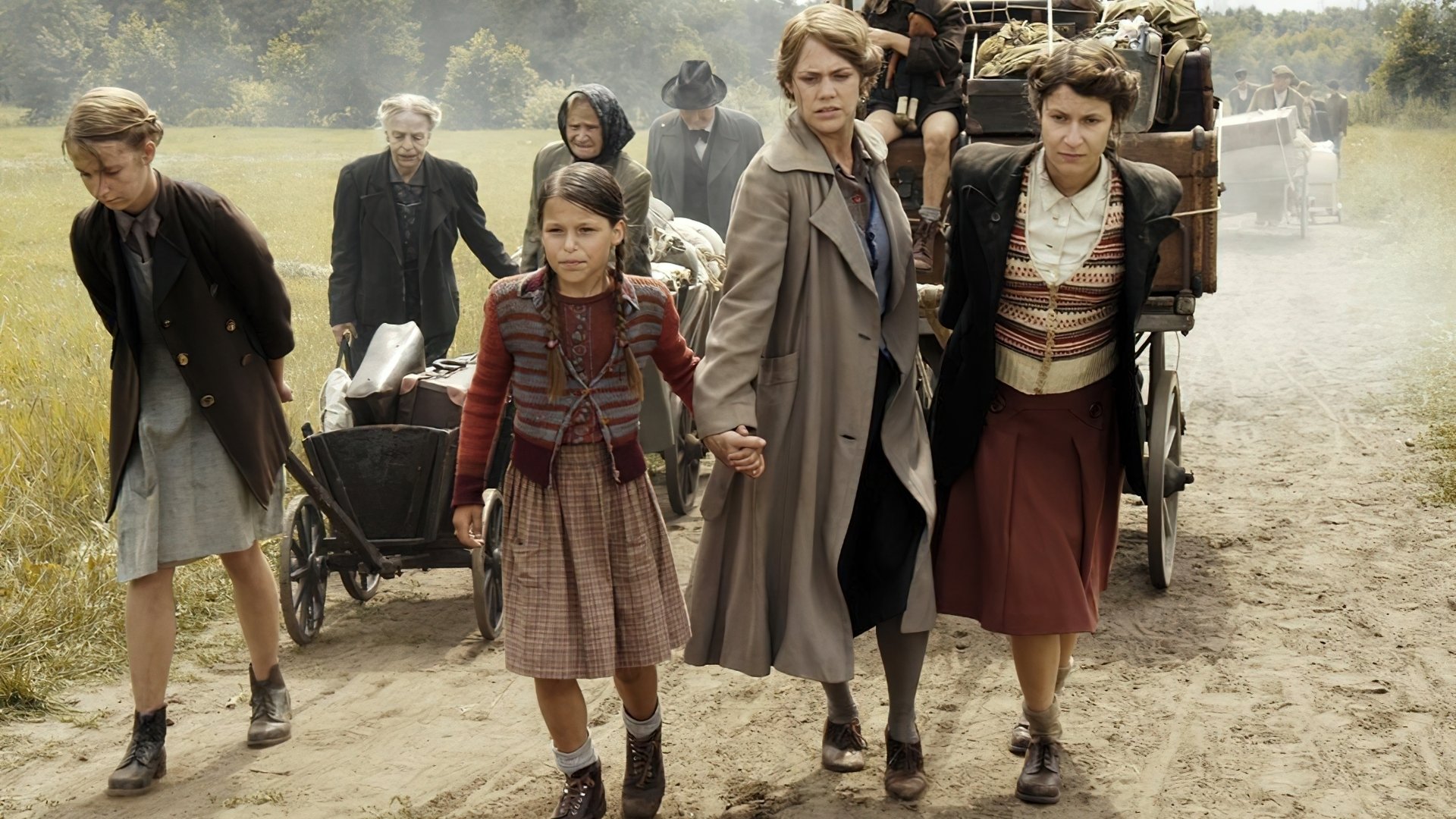
Kinder des Sturms
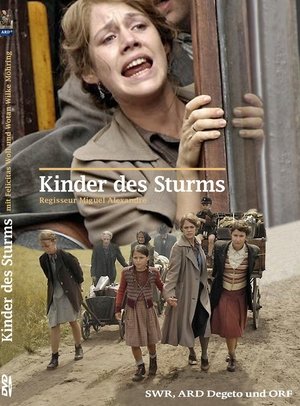
Kinder des Sturms
HomePage
Overview
The film is set in post-war Germany. It tells the story of widow Rosemarie Hermann, who flees Silesia with her sister Bettina, her father, and their two children Maria and Johannes ("Jojo"). In the general chaos, she loses her daughter. In her attempt to find her, she finally receives support from Harald Bergmann, who works for the tracing service of the German Red Cross and also finds her a job there. Maria initially lives in a children's home near Lübeck and is then placed with a foster family.
Release Date
2009-03-17
Average
6.1
Rating:
3.0 startsTagline
Genres
Languages:
DeutschKeywords
Similar Movies
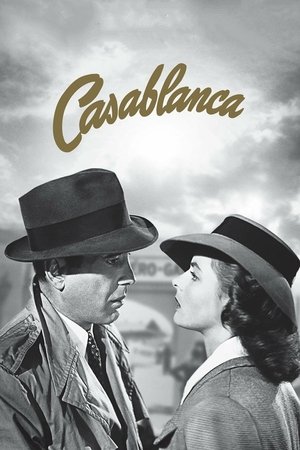 8.2
8.2Casablanca(en)
In Casablanca, Morocco in December 1941, a cynical American expatriate meets a former lover, with unforeseen complications.
 8.0
8.0Rome, Open City(it)
In WWII-era Rome, underground resistance leader Manfredi attempts to evade the Gestapo by enlisting the help of Pina, the fiancée of a fellow member of the resistance, and Don Pietro, the priest due to oversee her marriage. But it’s not long before the Nazis and the local police find him.
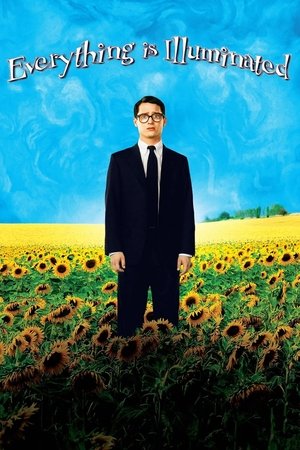 7.3
7.3Everything Is Illuminated(en)
A young Jewish American man endeavors—with the help of eccentric, distant relatives—to find the woman who saved his grandfather during World War II—in a Ukrainian village which was ultimately razed by the Nazis.
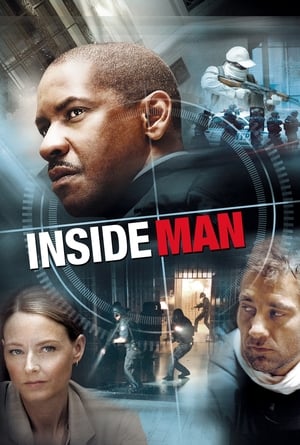 7.4
7.4Inside Man(en)
When an armed, masked gang enter a Manhattan bank, lock the doors and take hostages, the detective assigned to effect their release enters negotiations preoccupied with corruption charges he is facing.
 8.2
8.2Night and Fog(fr)
Filmmaker Alain Resnais documents the atrocities behind the walls of Hitler's concentration camps.
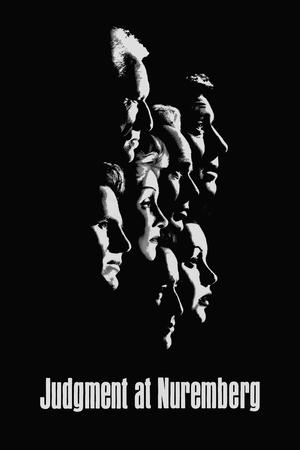 8.0
8.0Judgment at Nuremberg(en)
In 1947, four German judges who served on the bench during the Nazi regime face a military tribunal to answer charges of crimes against humanity. Chief Justice Haywood hears evidence and testimony not only from lead defendant Ernst Janning and his defense attorney Hans Rolfe, but also from the widow of a Nazi general, an idealistic U.S. Army captain and reluctant witness Irene Wallner.
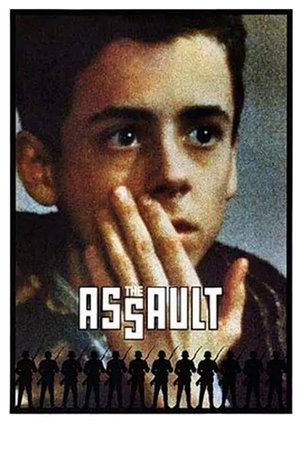 6.7
6.7The Assault(nl)
At the end of WWII the Dutch resistance kills a German officer in front of the house of a Dutch family. Years after the war the young boy who witnessed the killing runs into the members of the resistance who committed the killing.
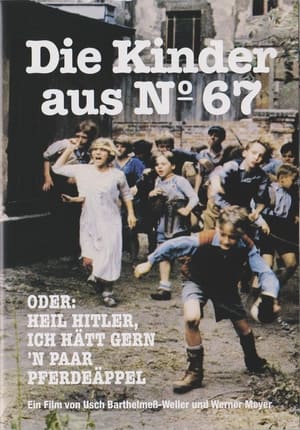 8.2
8.2Die Kinder aus Nr. 67(de)
The "Our Gang" type adventures of German working class kids from a Berlin apartment building (number 67) during the early 1930s. With Nazism's rise, however, their tight-knit group unravels. One leader, Paul, becomes a Nazi.
 8.4
8.4The Pianist(en)
The true story of pianist Władysław Szpilman's experiences in Warsaw during the Nazi occupation. When the Jews of the city find themselves forced into a ghetto, Szpilman finds work playing in a café; and when his family is deported in 1942, he stays behind, works for a while as a laborer, and eventually goes into hiding in the ruins of the war-torn city.
 8.6
8.6Schindler's List(en)
The true story of how businessman Oskar Schindler saved over a thousand Jewish lives from the Nazis while they worked as slaves in his factory during World War II.
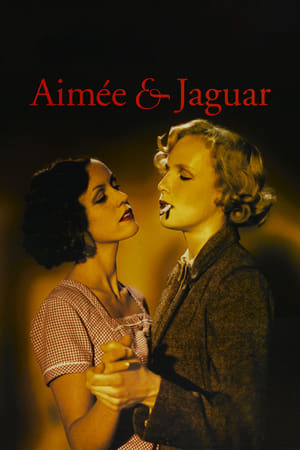 6.8
6.8Aimée & Jaguar(de)
In 1943, while the Allies are bombing Berlin and the Gestapo is purging the capital of Jews, a dangerous love affair blossoms between two women – one a Jewish member of the underground, the other an exemplar of Nazi motherhood.
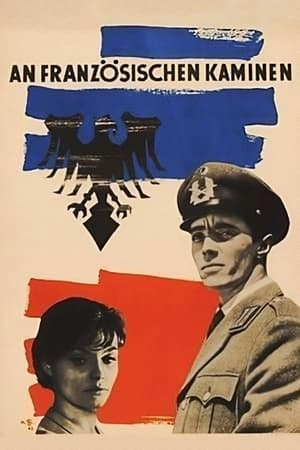 8.5
8.5At a French Fireside(de)
Bundeswehr soldier Klaus’ regiment is stationed in France, to take part in NATO maneuvers. The soldiers are ordered to be kind to the populace, since the West German High Command wishes the French to forget the atrocities that were committed during the Second World War. Klaus falls in love with Jeanne, the daughter of the local mayor. He discovers that his commanders intend to demolish the ruins of a local church, in which civilians were murdered by the German occupation forces at 1944. A local journalist who researches the event discovers that West German General Rucker ordered the massacre, but he is mysteriously murdered. Klaus defies his commanding officer Siebert, who instructs him to steal the documents indicting Rucker, and hands the evidence over to Jeanne.
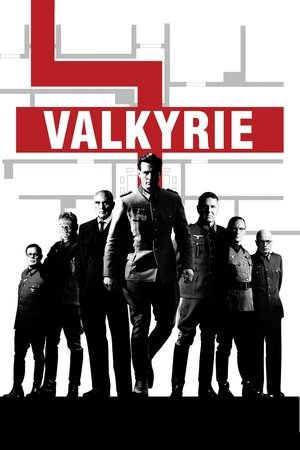 6.9
6.9Valkyrie(en)
Wounded in Africa during World War II, Nazi Col. Claus von Stauffenberg returns to his native Germany and joins the Resistance in a daring plan to create a shadow government and assassinate Adolf Hitler. When events unfold so that he becomes a central player, he finds himself tasked with both leading the coup and personally killing the Führer.
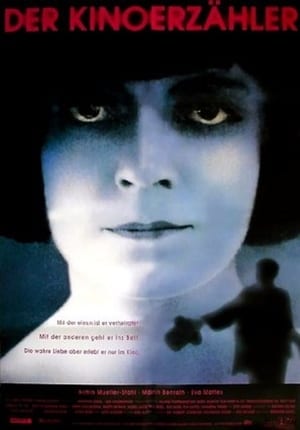 0.0
0.0The Film Narrator(de)
Germany in the Thirties. A movie teller realizes that his profession is not longer needed. Silent movies are not produced any longer. Telling stories is the only thing the man was ever good in, so he does not know what to do now. As political circumstances are changing dramatically these days in Germany, he gets new hope that things will again be going better for him...
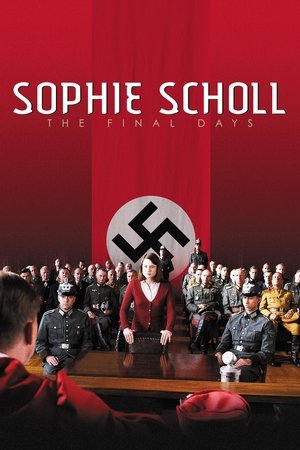 7.1
7.1Sophie Scholl: The Final Days(de)
In 1943, as Hitler continues to wage war across Europe, a group of college students mount an underground resistance movement in Munich. Dedicated expressly to the downfall of the monolithic Third Reich war machine, they call themselves the White Rose. One of its few female members, Sophie Scholl is captured during a dangerous mission to distribute pamphlets on campus with her brother Hans. Unwavering in her convictions and loyalty to the White Rose, her cross-examination by the Gestapo quickly escalates into a searing test of wills as Scholl delivers a passionate call to freedom and personal responsibility.
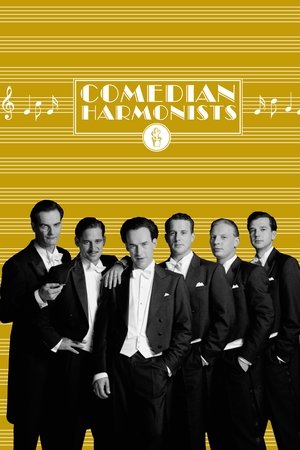 6.7
6.7The Harmonists(de)
Comedian Harmonists tells the story of a famous, German male sextet, five vocals and piano, the "Comedian Harmonists", from the day they meet first in 1927 to the day in 1934, when they become banned by the upcoming Nazis, because three of them are Jewish.
 7.9
7.9Blood Money: Inside the Nazi Economy(fr)
How did Nazi Germany, from limited natural resources, mass unemployment, little money and a damaged industry, manage to unfurl the cataclysm of World War Two and come to occupy a large part of the European continent? Based on recent historical works of and interviews with Adam Tooze, Richard Overy, Frank Bajohr and Marie-Bénédicte Vincent, and drawing on rare archival material.
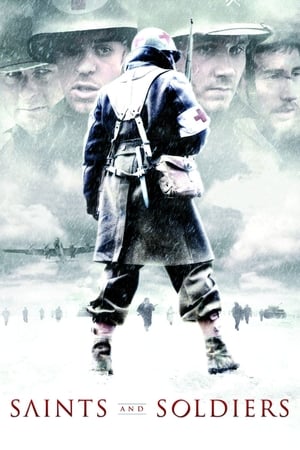 6.3
6.3Saints and Soldiers(en)
Five American soldiers fighting in Europe during World War II struggle to return to Allied territory after being separated from U.S. forces during the historic Malmedy Massacre.
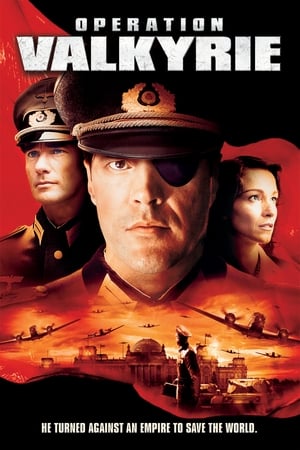 5.9
5.9Operation Valkyrie(de)
In 1944, a group of high command officers plot an attempt against Hitler, and one of the leaders of the conspiracy, Stauffenberg, goes to a meeting with the Fuhrer in charge of exploding the place. However, Hitler survives and the officers are executed. This unsuccessful operation was called "Valkyrie Operation", and this realistic movie discloses this true event.
 7.2
7.2Marathon Man(en)
A graduate student and obsessive runner in New York is drawn into a mysterious plot involving his brother, a member of the secretive Division.
